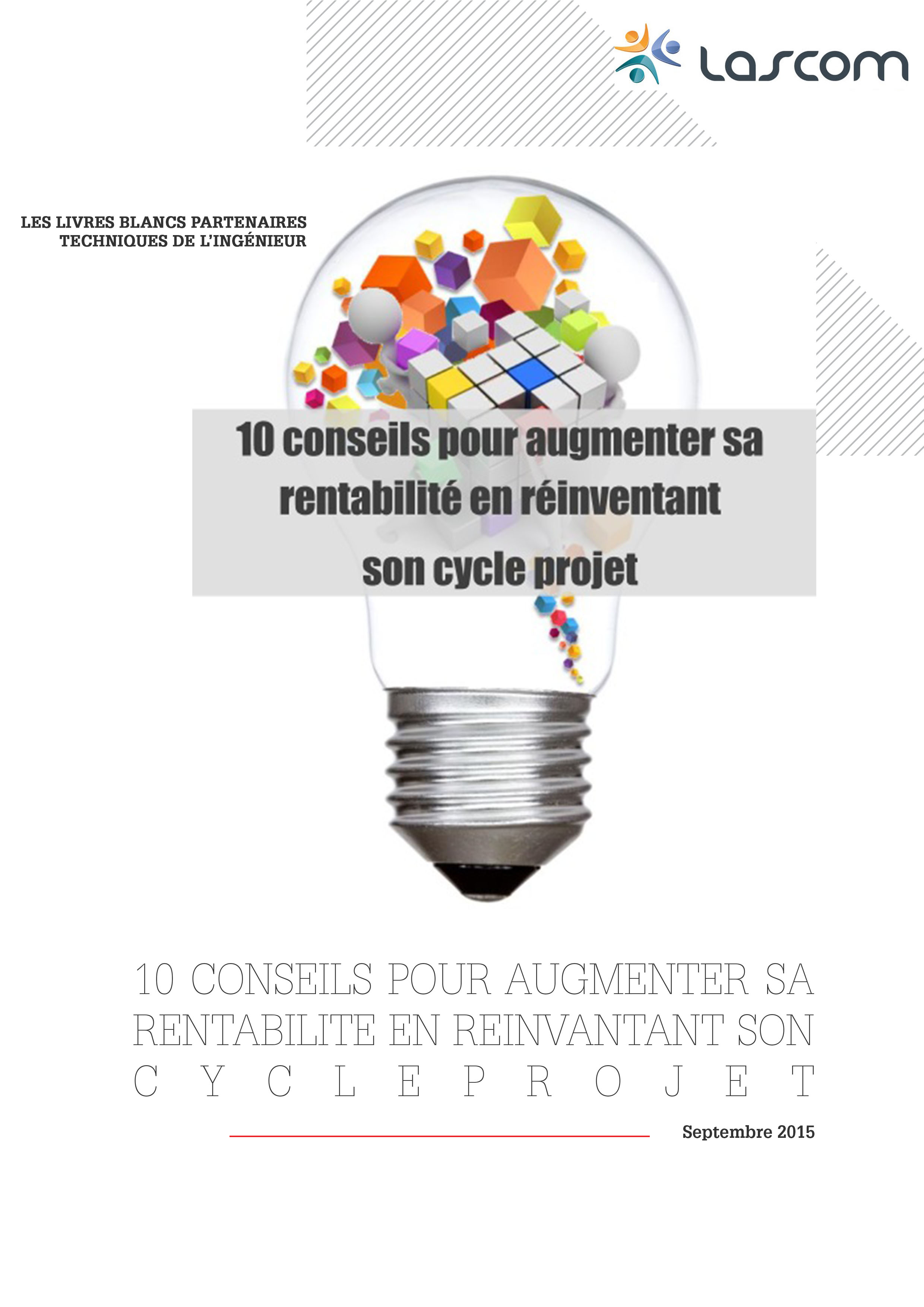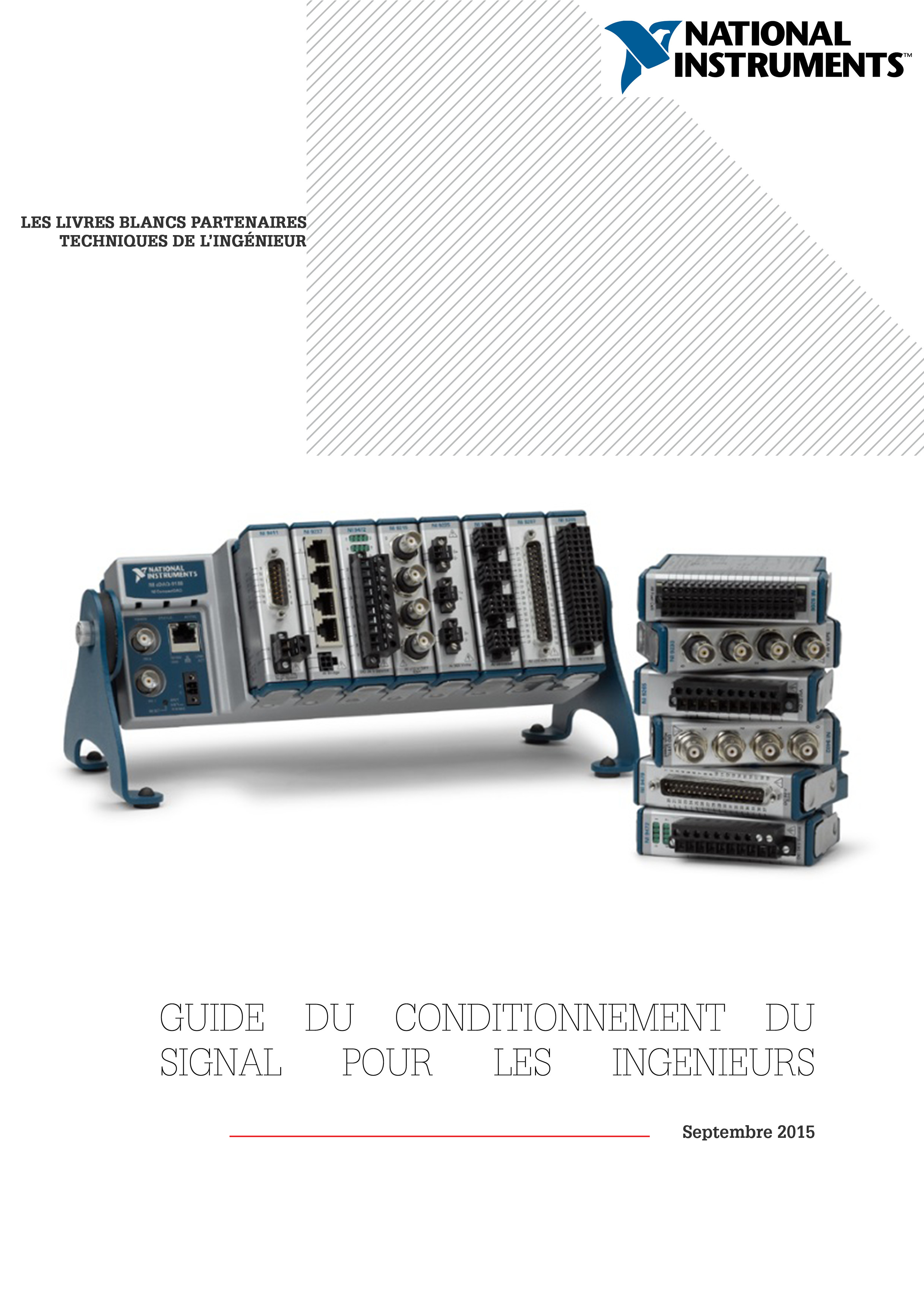Know-how of the developers unanimously recognized, IT services companies among the most powerful in the world. Despite these advantages and some successes, France can no longer create global champions in the software.
The latest edition of the PwC Global 100 ranking of the world’s leading software companies speaks for itself. Not surprisingly, Microsoft is the first software company before IBM, Oracle and SAP. The first French, DS peak in 16th position and 89th in Cegedim. The France has only two publishers in the Top 100, while our nearest rivals, Germany and the United Kingdom have respectively seven and eight.
Without having to go back to the “Plan Calculation” General de Gaulle in the 60s, while in the years 80/90 France was considered a leader in the IT sector, the public authorities were preparing a generation of computer scientists with their plan “Computer for all”, how is it that France has not managed to place more publishers in the top 100?
Aside from Dassault Systems, the leader in CAD / PLM solutions, Cegedim specializing in databases and health software, France does not place any of its many ERP vendors, CRM solutions and logistics management in the world ranking. As for Business Objects, our national champion in the field of Business Intelligence, an area exploding with the wave of Big Data , it was acquired by SAP in 2008.
France missed the boom years of software 80/90
“ We go out of the trauma of 80/90 where IT has been trustee in France by Bull, Thomson , “accuses Alain Garnier, President of EFEL Power, an association of French a hundred publishers of medium and small sizes. “ Rather than project into a private world, the state has supported these giants who siphoned public money. It has built champions built on false values , “says Alain Garnier. He added. “ While France was a great computing power in the 80s, large énarques placed at the head of these companies have proved incapable of directing and Americans could win “
Moreover, French companies have this feature to systematically adapt the software they want to buy their way to work. While an American company will buy the software, deploy and rely on the process proposed by the publisher to exploit at best the French DSI demand adaptations, sometimes excessive modifications. “ For the sale of 1 euro Sinequa license, there was the order of 5 to 6 euros related services ,” says Philippe Laval, founder of Sinequa search engine editor.
Alain Garnier, founder Jamespot militates in EFEL Power framework for the creation of an alternative development model to the risk capital rules over Silicon Valley.
This explains why there are such powerful service companies in France. Not only an American publisher may be based on a market five to six times larger than the French market, but it can further focus on developing its product according to its strategy, and not spend his energy to bend to the wishes of its software each other.
These key years have seen the birth and the explosion of software giants like Microsoft, Oracle, or, closer to home in Europe, SAP. Monopoly of de facto are set up today and it is very difficult for new entrants to make their way in the world rankings, with analysts from leading law American Studies . “ In the digital even more than in other sectors, when a monopoly situation has settled, it’s very difficult to stop ,” observes Alain Garnier.
“
bought 77% of the software in France is of American origin, or the software is the asset number 1 of the digital transformation. We must reverse this trend and to this we inflate the ecosystem of French publishers to grow and can radiate internationally. Startups Association, France Digital has the same speech but with a very risk-based capital approach. For us, the ecosystem is as start-ups that open source communities, companies self-financing. We are not convinced that only the model type Silicon Valley is the winning model . “
The state has changed its approach, but available funds are insufficient
Since this shift missed the 90s, many efforts have been made by governments, local authorities and by private operators to allow start-up creators to benefit premises and funding to launch their business. More than 200 incubators in France and one counts alone, Bpifrance, the investment bank public of the French state, has invested 61 million euros in direct investment in 45 companies in the first half 2015 and endorsed height € 354 million in 26 investment funds over the same period, a record.
The giant incubator project “1000 start-up” by Xavier Niel will join more than 200 incubators already open in France.
“ Funding remains a big problem both in France and at European level “warns Jamal Labed, cofounder EasyVista. “ To build a leading European and world level requires a lot of money. The software industry is a very capital intensive. Fundraising is now in the tens or even hundreds of million and to reach such levels, we need a solid financing system in place . “
President AFDEL, association of software publishers, he stressed that if a lot of progress has been made on the earliest stages of the creation of a start-up, that is to say on boot phases and capital risk , entrepreneurs are struggling to move up a gear when they need tens of millions of euros to move to a global development strategy.
“ French Entrepreneurs today many ways to finance their projects and BPI does its job. The big problem in France is the middle and the end of the financing chain. To raise hundreds of millions, there are very few solutions in France and major fundraisers that were held recently like BlaBlaCar or SigFox were, for a large part of them, carried out thanks to venture capital abroad . “
Jamal Labed, Europe lacks a large stock exchange Nasdaq type that would allow European and French publishers to raise several hundred million euros, and thus allow investors who injected tens of millions of euros in these companies to recover their bets with a nice gain.










 Contact the editorial staff
Contact the editorial staff